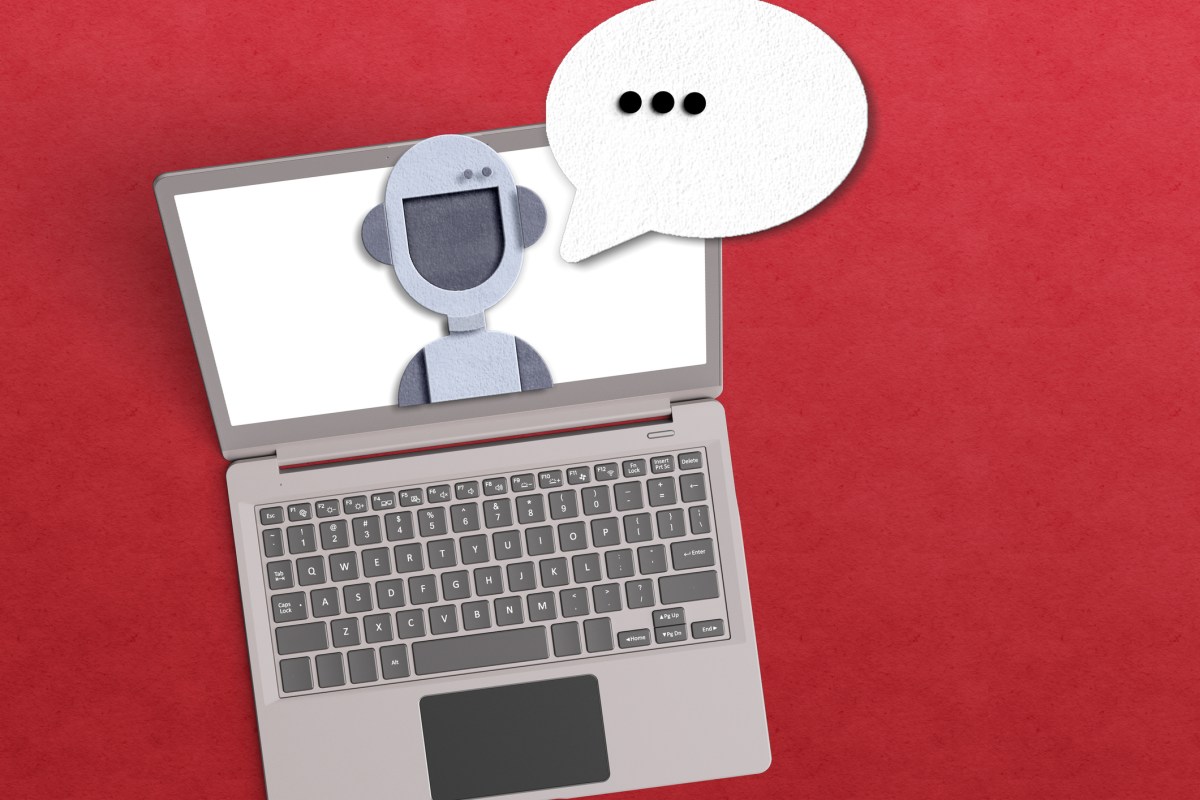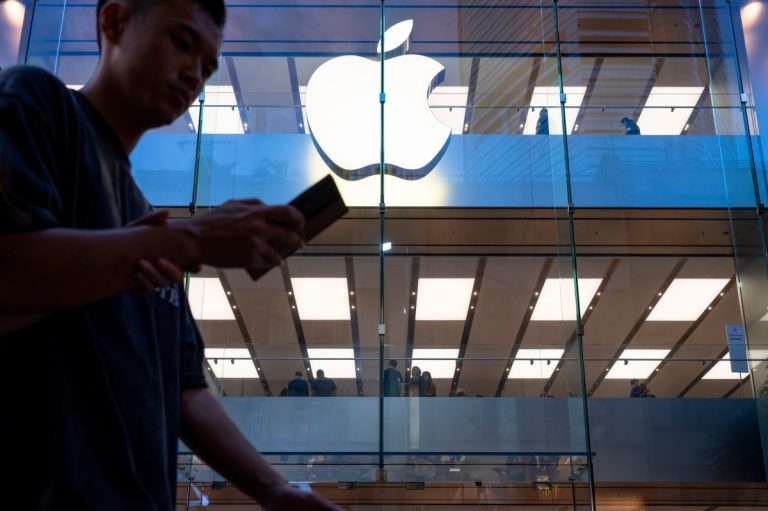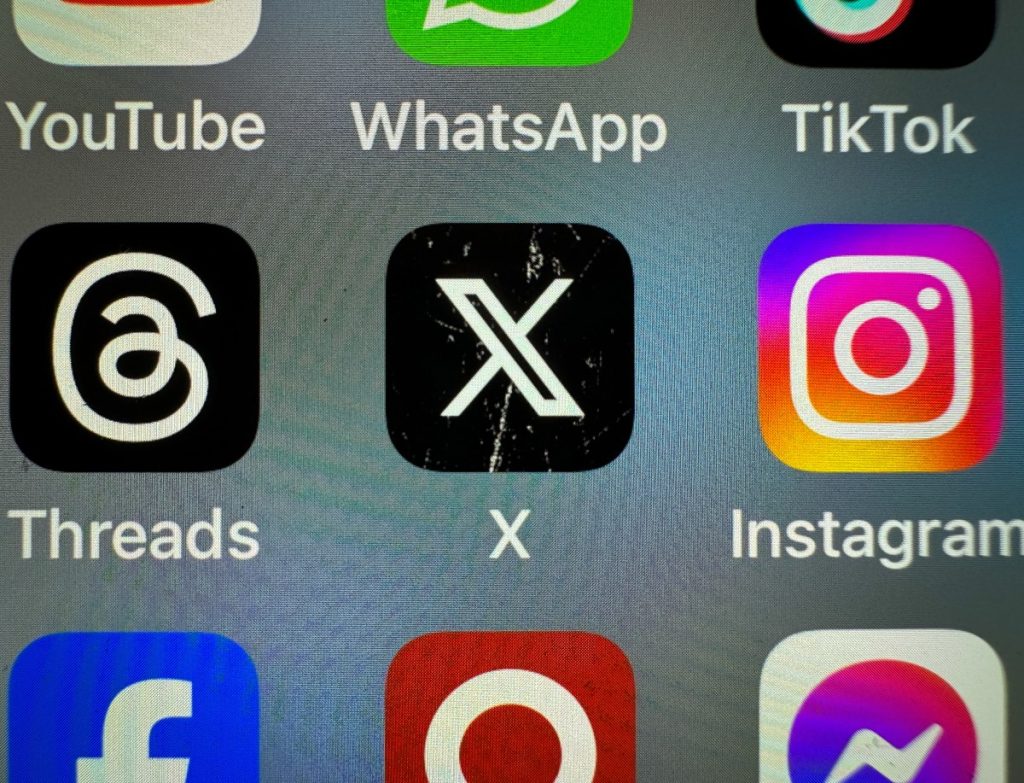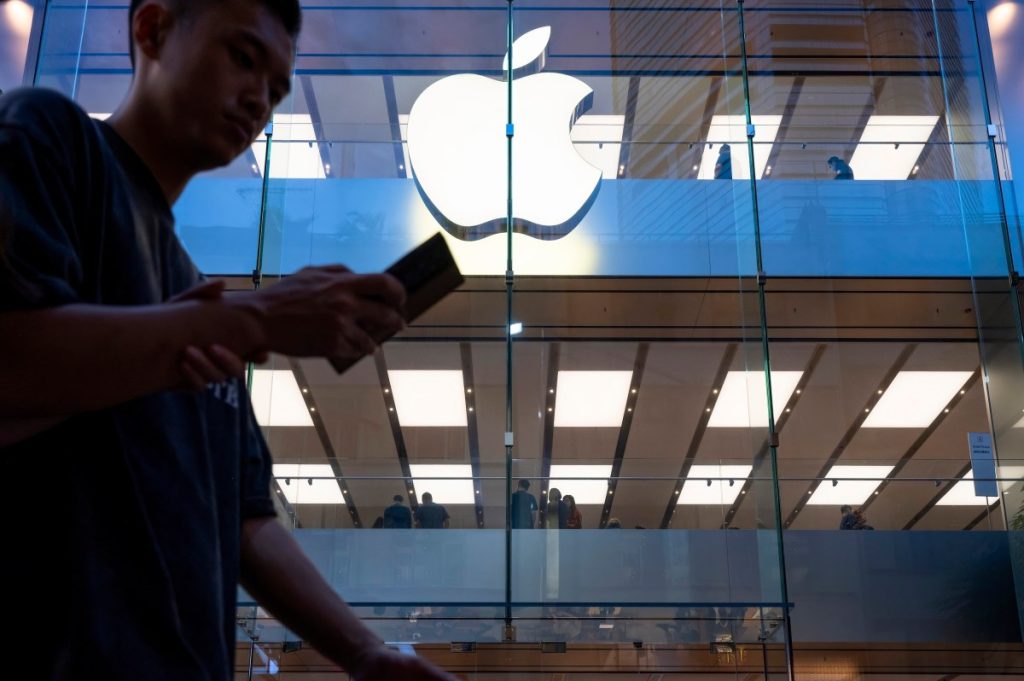UiPath, a leader in enterprise automation, has announced the acquisition of Peak.ai, a Manchester-based AI startup specializing in decision intelligence solutions for retail and manufacturing sectors. The deal, finalized alongside UiPath’s quarterly earnings report, aims to expand the company’s foothold in agentic AI—a growing frontier in business automation. While financial terms remain undisclosed, sources confirm the transaction was a cash-based purchase, with Peak’s investors expressing satisfaction over the outcome.
Peak.ai, last valued at $267 million in 2021 after a $75 million SoftBank-led funding round, developed AI tools for optimizing pricing, inventory management, and supply chain operations. Despite modest revenue growth—reporting £9 million ($11.6 million) in 2023, up 17% year-over-year—the startup faced challenges in scaling adoption as businesses initially viewed AI integration as risky. However, shifting perceptions in 2023, particularly within U.S. manufacturing, signaled new opportunities. UiPath’s acquisition could accelerate Peak’s reach by leveraging its parent company’s established automation platform and customer base.
UiPath, once a high-flying RPA (robotic process automation) unicorn with a $35 billion private valuation, has encountered headwinds amid macroeconomic uncertainty. Its Q4 2025 revenue grew just 5% to $424 million, prompting a lowered FY 2026 forecast of $1.525–$1.530 billion and an 18% pre-market stock drop. The company previously cut 10% of its workforce in mid-2024 amid slowing demand. By integrating Peak’s AI-driven decision-making tools, UiPath aims to diversify its offerings, target vertical-specific use cases, and reignite growth through cross-selling synergies.
Peak’s co-founders emphasized the strategic fit, noting that combining decision intelligence with UiPath’s automation capabilities could “redefine how businesses operate.” CEO Daniel Dines echoed this vision, stating the acquisition strengthens UiPath’s vertical AI strategy. While the partnership’s success hinges on seamless integration and market reception, the move underscores UiPath’s pivot to AI as it navigates a challenging macroeconomic landscape.















